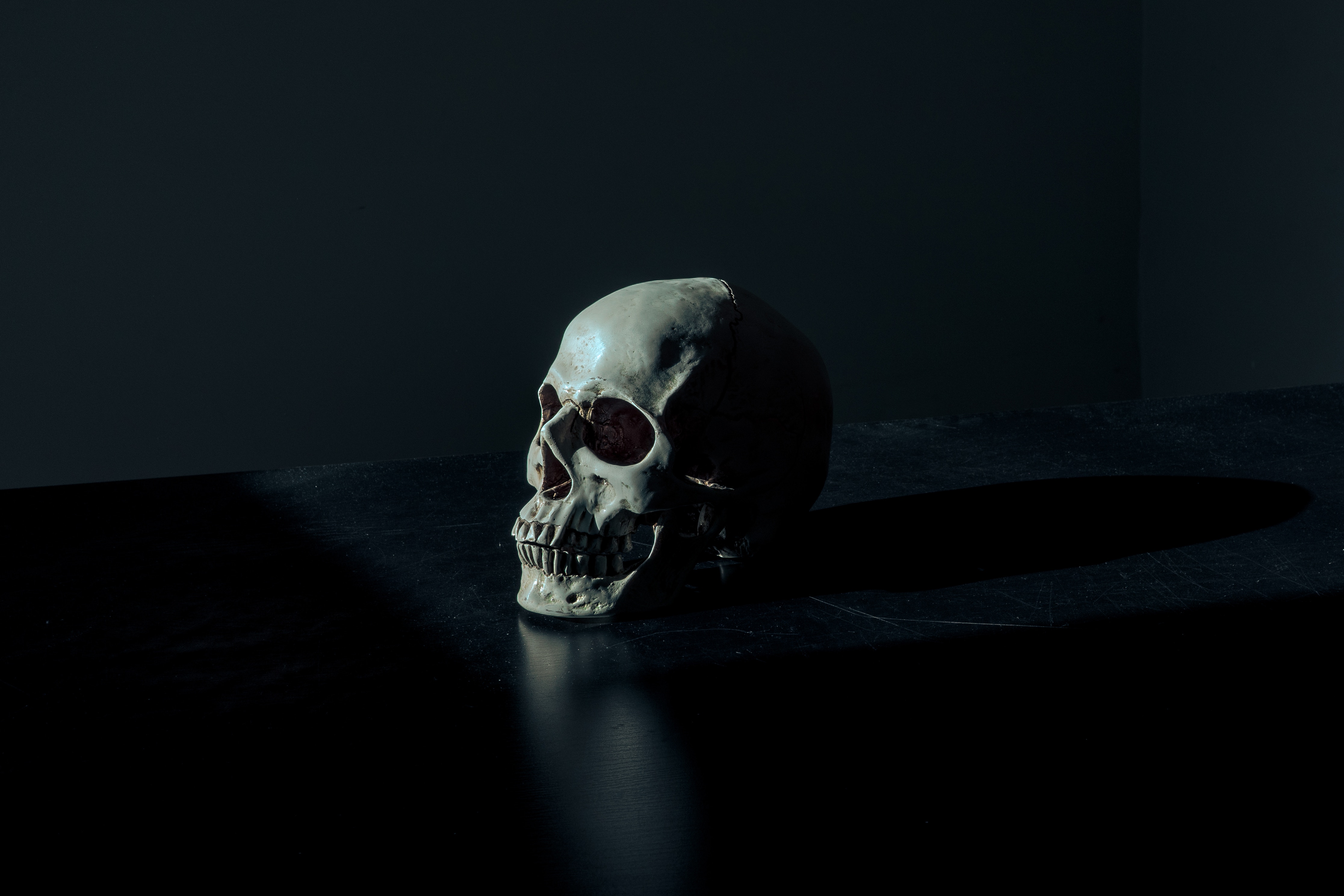While words and photos will never be able to capture the experience of totality, a few thoughts came to me after driving fourteen hours over two days with my family for this scientific and awe-inspiring pilgrimage.
Predictability and the Unforeseen
The solar eclipse itself was completely predictable from an astronomical perspective – there was even an article from an Ohio newspaper from 1970 letting people know that “the next showing [would be] in 2024.” And if airlines and hotels actually did book travel twenty years in advance, you could know right now that you should travel to Tulsa, Tampa, or Orlando on August 12, 2045 to be in the path of totality.










